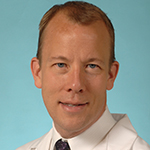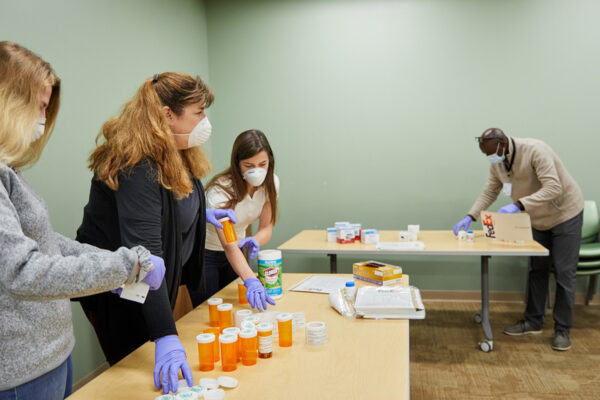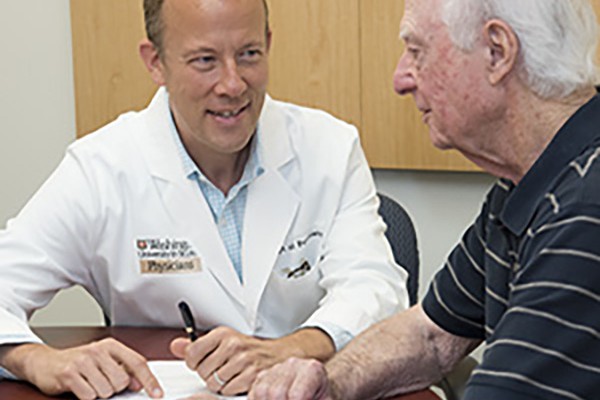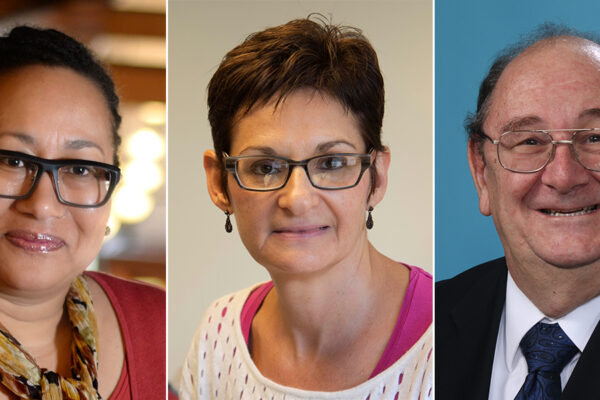As Baby Boomers age, meeting their health needs — including mental health care — will become more and more challenging.
A new study, published Aug. 5 in JAMA Psychiatry, shows that therapy provided via telephone for older adults in rural areas is effective in treating anxiety disorder and may help people in parts of the country that are underserved by mental health providers.
In an accompanying editorial, geriatric psychiatrist Eric J. Lenze, MD, at Washington University School of Medicine in St. Louis, wrote that the health-care system lacks the capacity to help the growing elderly population — in which one in five individuals has a mental disorder — and that relying too heavily on sedative medications isn’t the answer.

“The drugs that many older adults receive, particularly benzodiazepines for anxiety, can cause cognitive impairments and motor problems,” Lenze said. “But seniors who are anxious or have insomnia are receiving a skyrocketing number of prescriptions for these drugs, particularly in rural America. That’s a recipe for disaster because giving seniors benzodiazepines can contribute to serious and expensive consequences, such as broken hips, an acceleration in dementia and a general decline in an older person’s ability to function.”
Simply prescribing such medications for seniors is not a good idea, Lenze said. But that’s frequently what happens. “One of the rationales for benzodiazepine use in this age group has been the absence of available, evidence-based psychosocial strategies,” he wrote.
But the new study, by a team of researchers at Wake Forest School of Medicine, tested the delivery of cognitive behavior therapy over the phone as a potential alternative to drugs. The researchers found that older adults who participated in the study did at least as well as others had in prior, in-person studies of cognitive behavior therapy.
Lenze directs the Healthy Mind Lab at Washington University and studies potential therapies for older adults with anxiety and depression. He assesses talk therapies, medication, exercise, and mindfulness training, such as yoga and meditation, in trying to identify strategies to help meet the mental health needs of the rapidly aging population.
“Delivering therapy over the phone seems to be a good first step in helping older people who can’t easily travel to see a psychiatrist, psychologist or clinical social worker,” he said. “But as the population continues to age, I expect we’ll need to move toward computerized interventions to fill gaps between the mental health needs of this population and the availability of mental health providers to treat them.”
Funding for Lenze’s research cited in this editorial comes from the National Institute of Mental Health and the National Institute on Aging of the National Institutes of Health (NIH), grant numbers R01 MH083684, R34 AT007064, R01 MH099011, R34 MH101433 and R01 AG049369.
Lenze EJ, Solving the geriatric mental health crisis in the 21st century. JAMA Psychiatry, published online Aug. 5, 2015. http://jamapsychiatry.com


